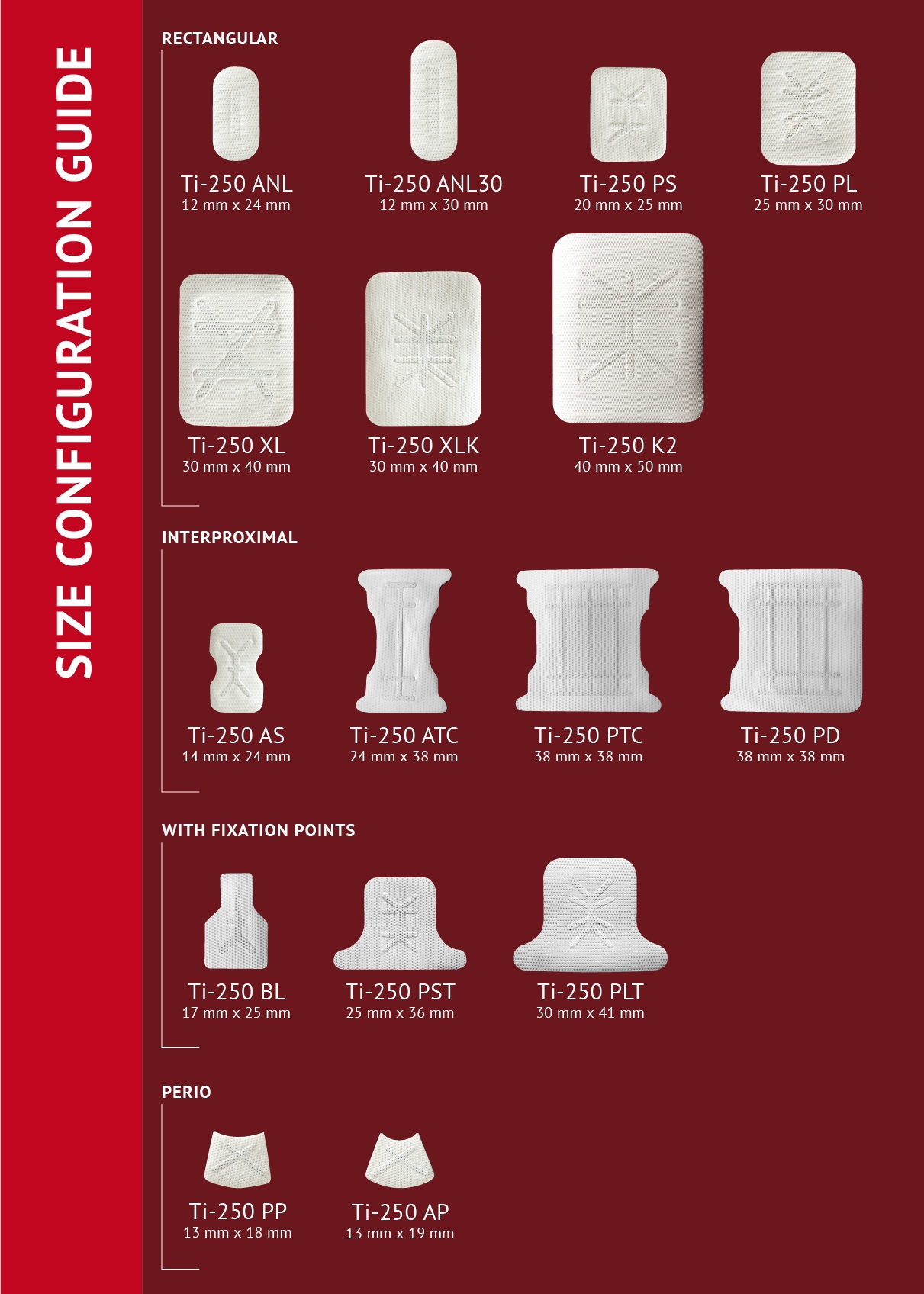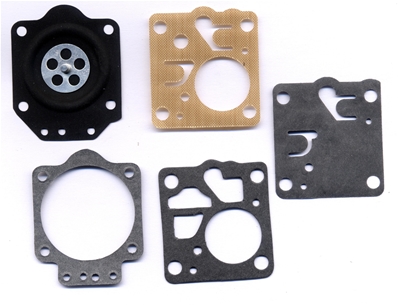

Interleukin 1β (IL-1β) is a pro-inflammatory cytokine with multiple roles in inflammation.
#Membrane pro mac mac#
Thus, these data uncover a role for the MAC in activating the inflammasome and triggering IL-1β release in human macrophages. Internalization of the MAC also caused dispersion of the trans-Golgi network. Pharmacological inhibitors established that MAC-triggered activation of the NLRP3 inflammasome was dependent on MAC endocytosis. The MAC is first internalized into endosomes and then colocalizes with inflammasome components adapter protein apoptosis associated speck-like protein containing a CARD (ASC) and NLRP3. Here, we report that stimulation of LPS-primed human macrophages with sub-lytic levels of MAC results in activation of the NOD-like receptor 3 (NLRP3) inflammasome and GSDMD-mediated IL-1β release. During inflammation, danger signals also activate the complement cascade, resulting in the formation of the membrane attack complex (MAC). Its secretion is regulated by the inflammasome, the assembly of which results in caspase 1 activation leading to gasdermin D (GSDMD) pore formation and IL-1β release. Interleukin 1β (IL-1β) plays a major role in inflammation and is secreted by immune cells, such as macrophages, upon recognition of danger signals.

1Division of Infection, Immunity and Respiratory Medicine, Faculty of Biology, Medicine and Health, Lydia Becker Institute of Immunology and Inflammation, The University of Manchester, Manchester, United Kingdom.

Tannahill 2, Eva-Maria Nichols 2, Gloria Lopez-Castejon 1 and Daniel M. Ines Diaz-del-Olmo 1, Jonathan Worboys 1, Fatima Martin-Sanchez 1, Anna Gritsenko 1, Ashley R.


 0 kommentar(er)
0 kommentar(er)
